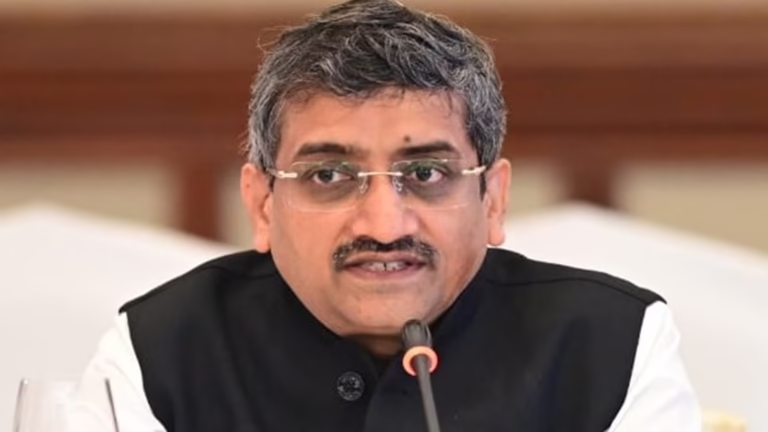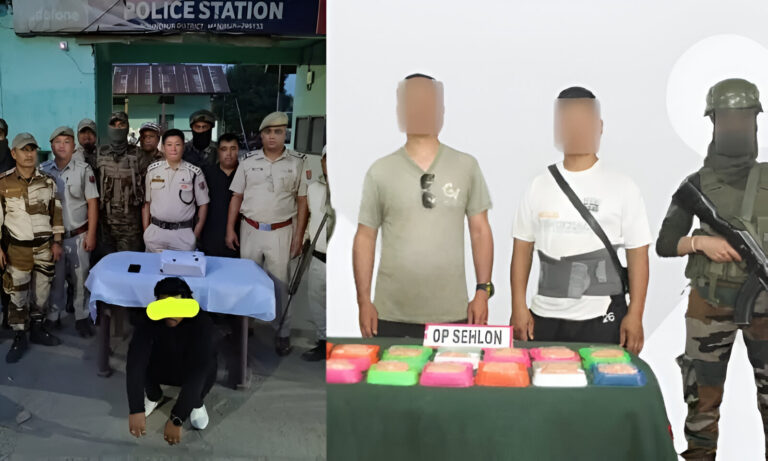RNSOM Declares Boycott of Kukis in Tamenglong and Noney Districts
Summary
The Rongmei Naga Students’ Organisation Manipur (RNSOM) has initiated a boycott of the Kuki community in Tamenglong and Noney districts. This boycott, following alleged attacks by Kuki militants on supply trucks, reflects rising tensions in the region. The decision underscores the importance of community sovereignty and security within local territories.
Full Article
Introduction: Unfolding Conflict and Community Tensions
When longstanding tensions escalate, they can sometimes boil over into drastic actions, as seen with the recent boycott declared by the Rongmei Naga Students’ Organisation Manipur (RNSOM) against the Kukis in Tamenglong and Noney districts. But what lies behind this unfolding situation? And what does it mean for the people caught in the crossfire?
The boycott isn’t just a headline—it’s a deeply symbolic action rooted in historical grievances and ongoing security concerns. RNSOM’s decision, motivated by recent events, also brings up broader questions about the region’s stability, community sovereignty, and inter-ethnic relations.
Background: A Fractured Relationship
To understand the RNSOM boycott, it’s crucial to look back at the history of interactions between the Naga and Kuki communities in Manipur. This isn’t an isolated conflict; instead, it has developed over decades of political, territorial, and cultural differences, marked by moments of peace and periodic tension.
Historically, the Nagas and Kukis in Manipur have both sought control over distinct territories within the state. At times, these desires clash, creating a friction that, while manageable in peaceful times, can flare up during moments of political or social unrest. The recent allegations against Kuki militants, who are accused of attacking trucks carrying essential goods, exemplify how delicate the current situation is.
The Boycott Announcement: A Call for Community Protection
In response to these alleged incidents, RNSOM announced a full boycott of the Kuki community within Tamenglong and Noney. But a boycott is not a casual decision; it signifies a deep-seated frustration and serves as a statement of protection for the local Rongmei Naga community. According to the RNSOM, this boycott will continue until the community feels secure and justice has been served.
Local Perspectives: A Community on Edge
For the people of Tamenglong and Noney, this boycott is far more than a political gesture—it impacts daily life. With inter-community relations strained, everyday activities that depend on interactions across these groups are now under pressure. Some residents worry about how this boycott will affect local commerce, social relations, and overall community morale.
While the boycott aims to shield the Rongmei community, its long-term consequences are uncertain. Historically, boycotts have often exacerbated rather than resolved underlying conflicts. However, RNSOM argues that such a measure is necessary to ensure the safety and sovereignty of their people.
Government and Community Responses
Following the boycott announcement, local government representatives and community leaders have voiced concerns about the potential escalation of tensions. The state government, aware of the fragile peace in Manipur, is monitoring the situation closely, considering how best to support both communities while preventing further discord.
Community leaders from other districts have also encouraged dialogue, seeing negotiation as a more sustainable solution. The RNSOM, however, stands firm on its stance until it sees evidence that security threats to its community will be adequately addressed.
Broader Implications for Manipur
Manipur’s unique demographic and social fabric have historically required a delicate balance to maintain peace. With multiple ethnic communities coexisting within a single state, even minor grievances can have broader implications. The boycott declared by RNSOM could be a turning point, highlighting how inter-community relationships can affect regional peace and stability.
The government’s involvement and mediation will play a critical role in either calming or intensifying this situation. Effective intervention, focused on mutual respect and community security, will be crucial in preventing further conflict.
What’s Next? Prospects for Resolution
As of now, the boycott remains in effect, but many hope that dialogue will prevail. Manipur’s leaders and residents alike are wary of the consequences of prolonged unrest. History has shown that when communities come together to address grievances openly, it can lay a foundation for more lasting peace. Yet, achieving this requires all parties to set aside past differences and prioritize stability.
Whether through mediation, government intervention, or community outreach, the people of Tamenglong and Noney wait to see how this situation will evolve. The outcome could very well set a precedent for addressing inter-community issues across Manipur and beyond.
FAQs
- What is the reason behind the RNSOM boycott?
The boycott was initiated after alleged attacks by Kuki militants on supply trucks, raising security concerns within the Rongmei community. - How long is this boycott expected to last?
The RNSOM has declared it “until further notice,” depending on security improvements and justice. - How is this affecting local communities?
The boycott could strain local businesses, community relations, and peace in the Tamenglong and Noney districts. - What role is the government playing in this situation?
The government is monitoring the situation closely, with local representatives encouraging dialogue to prevent escalation. - Can dialogue resolve the conflict?
While challenging, many believe dialogue remains the best approach for achieving a peaceful resolution.



